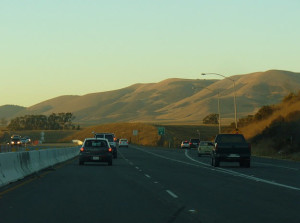The ‘similar vehicle failure rate’ by the Bureau of Automotive Repair has potential problems. Blog post by attorney expert William Ferreira.
Many people land on our website, or inquire about our BAR defense attorney services, when they are confused about various technical issues that have caused them to be issued a ‘STAR Certification’ invalidation notice. One of these is the ‘Similar Vehicle Failure Rate.’ As a one of the top Bureau of Automotive Repair attorneys in California, this is an issue about which I receive a lot of questions. In this blog post, let me raise some issues about the ‘Similar Vehicle Failure Rate.’
 For instance, Similar Vehicle Fail Rate is described by the Bureau of Automotive Repair:
For instance, Similar Vehicle Fail Rate is described by the Bureau of Automotive Repair:
“This STAR performance measure compares the initial test failure rate for vehicles inspected at each station to the initial test failure rate for “similar vehicles” statewide…. “Similar vehicles” means vehicles of the same model year, make, model, engine displacement, transmission type, and body style. Additional factors such as time since last certification, previous initial test result, and odometer readings are also taken into consideration.” From the Bureau of Automotive Repair, Star Program Website.
Different Communities – Different Failure Rates
The problem Smog Station Owners and Smog Technicians say with such a statistic is geographical differences in communities. For instance, vehicles registered and tested in Beverly hills are going to have substantially different failure rates from vehicles in East Los Angeles. Using statewide data takes out the demographics of a facilities location and clientele. It is not hard to imagine a location with a high level of income may be able to pay for costly repairs to ensure a vehicle maintains compliance with California Smog Check Emission Testing Standards.
What can happen, therefore, is that a mechanic or automotive shop can be invalidated on this issue, simply because the state-wide statistics do not correlate with a more accurate representation of his community. Statistics, of course, are not always accurate.
If you’ve received a STAR Smog violation notice, or have concerns about your STAR Smog license, reach out to us for a free consultation by calling 415-392-2886 or sending us an email.